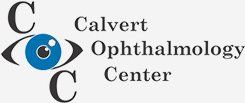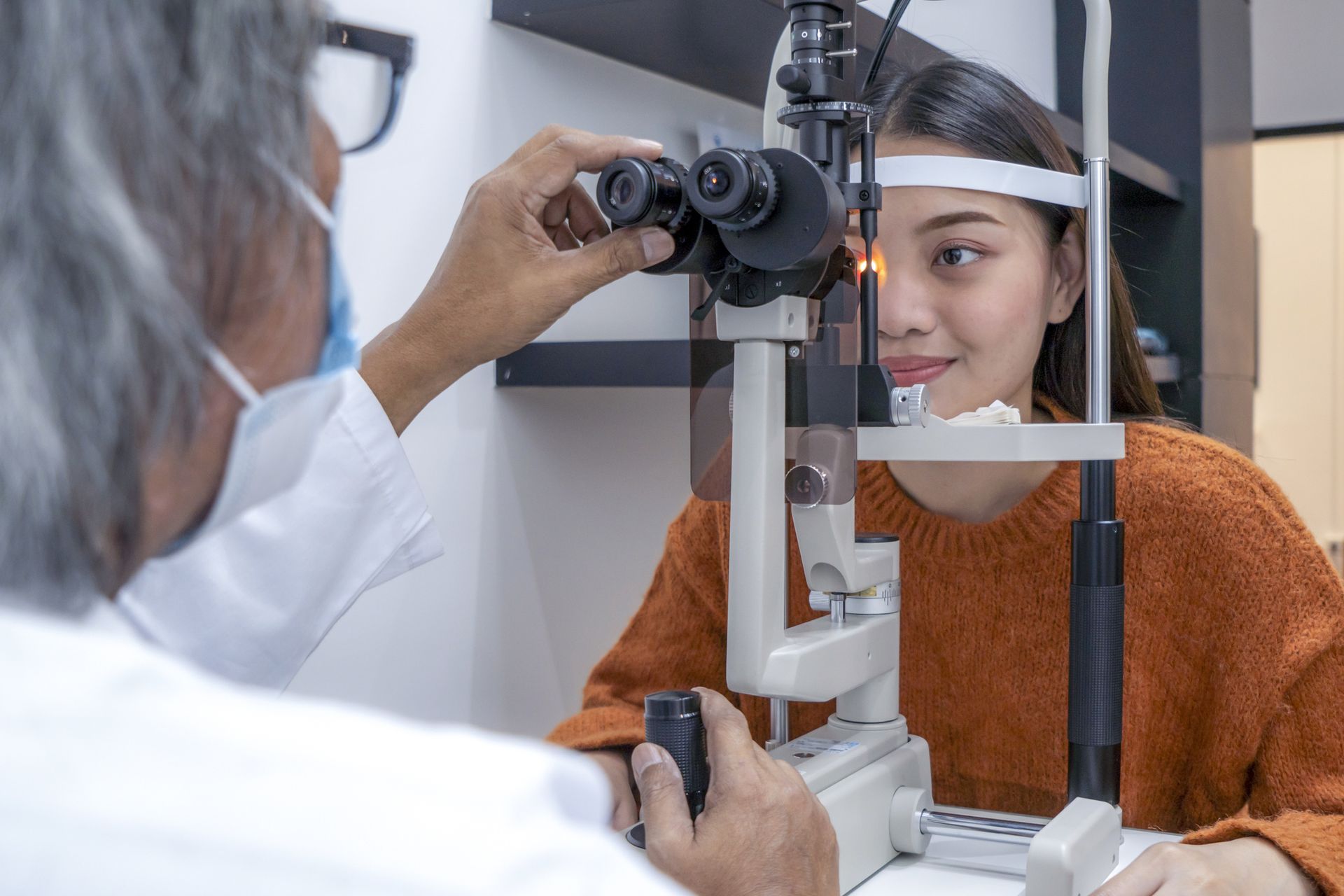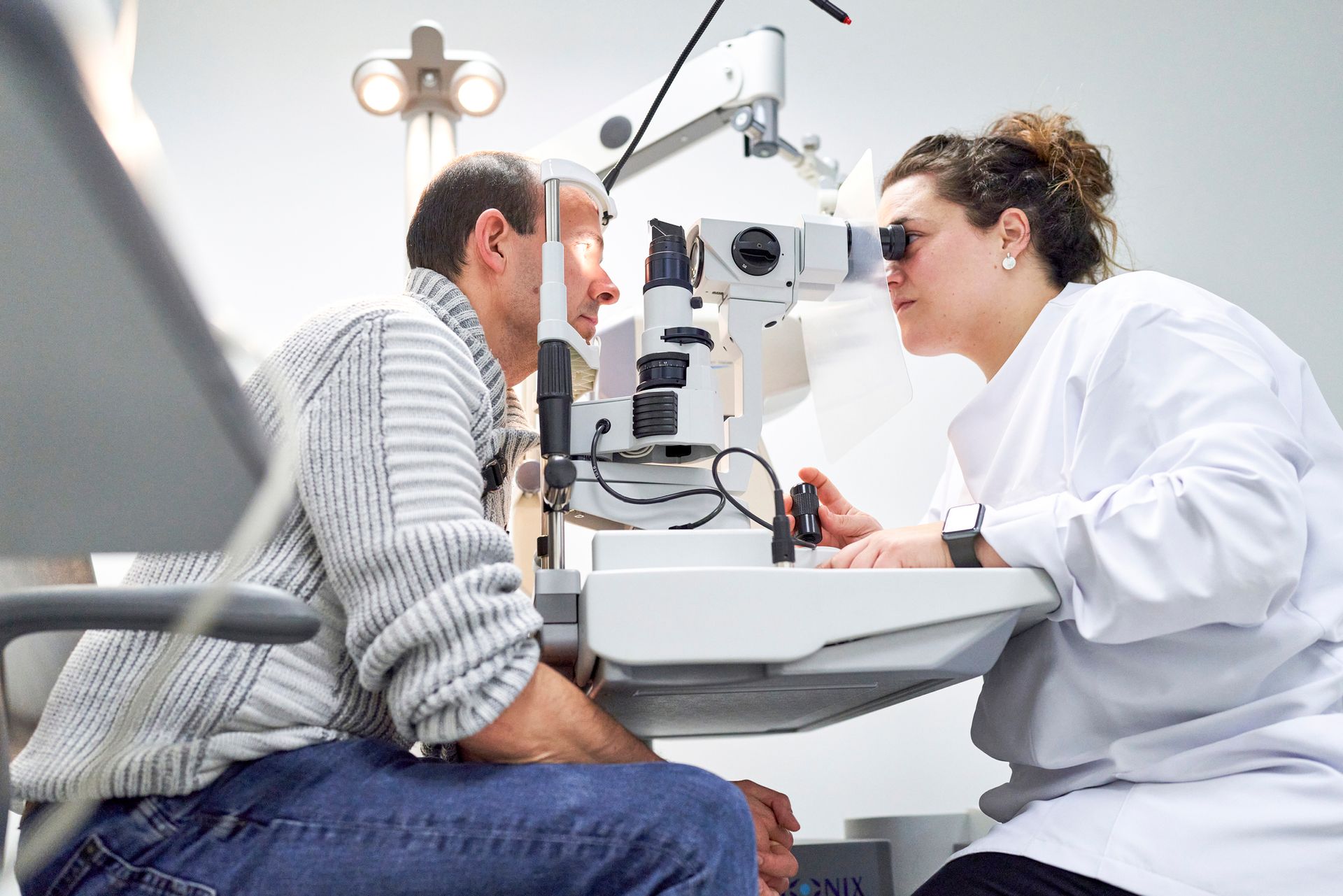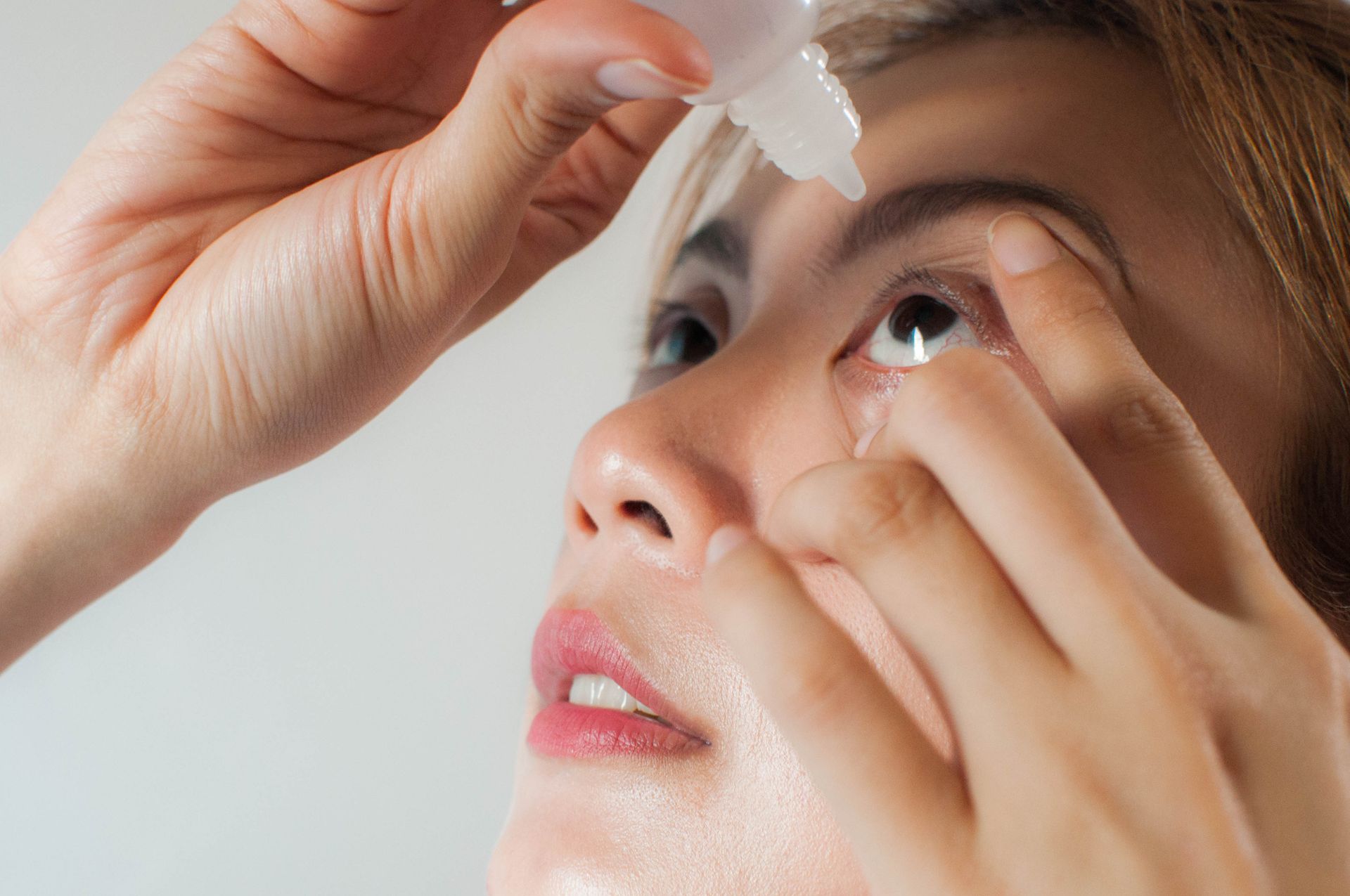Eyelid Issues to Discuss With Your Ophthalmologist

Your eyelids are your eyes' protective shield against wind, dust, and potentially dangerous objects. When your eyelids are affected by disease, your entire eye can become susceptible to injury. Here are eyelid issues to discuss with your ophthalmologist to preserve your overall eye health.
Perioral Dermatitis
Perioral dermatitis is a skin condition that causes the skin around the nose, chin, lips, and sometimes underneath the eye or on the eyelid to become red, scaly, and itchy. This condition is difficult to treat because doctors do not know the cause of the rash. The rash can be viral, bacterial, or even be stress- or hormone-related, and mostly affects women.
Speak to your ophthalmologist if you have perioral dermatitis. Discuss what medications you can use around your eyes. While this skin rash condition is not life-threatening and won't harm your vision, using topical steroids or other medications for this condition around your eyes can be dangerous to your vision health.
Skin Tags
A skin tag is an excess bit of skin that hangs off the body. These tags are typically harmless but can be irritating. Skin tags are on areas of the body that rub against other body parts, such as the armpit, neck, or even the eyelid area.
Your ophthalmologist should examine a skin tag that obscures your vision or causes eyelid changes. Many skin tags are cut or frozen off, although they can recur, especially if you are prone to this skin condition due to weight issues or diabetes.
Age-Related Eyelid Changes
With people over age 50, the eyelid can start to sag or droop as it develops a second fold of skin. This can cause skin infections and vision obscurity. An ophthalmologist will remove the excess skin to reveal younger-looking eyes and to restore better vision.
Another age-related eyelid condition is entropion. The eyelid can begin to turn inwards, allowing the eyelashes to touch the eyeball and cause irritation. Since the cornea becomes scratched and irritated and the eyelid fails to perform its primary function when the lid turns toward the eye, the condition is usually treatable with surgery.
Ocular Herpes
Ocular herpes is linked to the same virus that causes cold sores around the mouth. Ocular herpes is relatively common and often affects the entire eye, including the eyelid.
Ocular herpes can cause blindness if not treated or if the condition starts to affect the deeper areas of the cornea. Ocular herpes is a leading cause of corneal blindness in the United States. Luckily, the condition is treatable with medication and regular monitoring from your ophthalmologist.
If you have recurring eye infections or your eyes constantly water, itch, or appear red much of the time and you have cold sores or someone in your immediate family does — which increases your risk of exposure to the virus — ask your ophthalmologist to take a culture swab of your eye. A culture test will determine if you have ocular herpes so you can treat the condition.
If you have sudden loss of vision, your eyelids are puffy and sore, or if your general doctor has expressed concerns about your eye health, make an appointment with an ophthalmologist immediately. A full vision exam will determine what eyelid and other eye conditions you have. Your ophthalmologist will often recommend treatment or surgery to restore eye health.
Continue regular eye appointments as recommended by your eye doctor. Visit Calvert Ophthalmology Center for all of your vision needs. Our experienced staff treats a variety of common and complex eye conditions, so call us today. We look forward to hearing from you and answering your questions.














